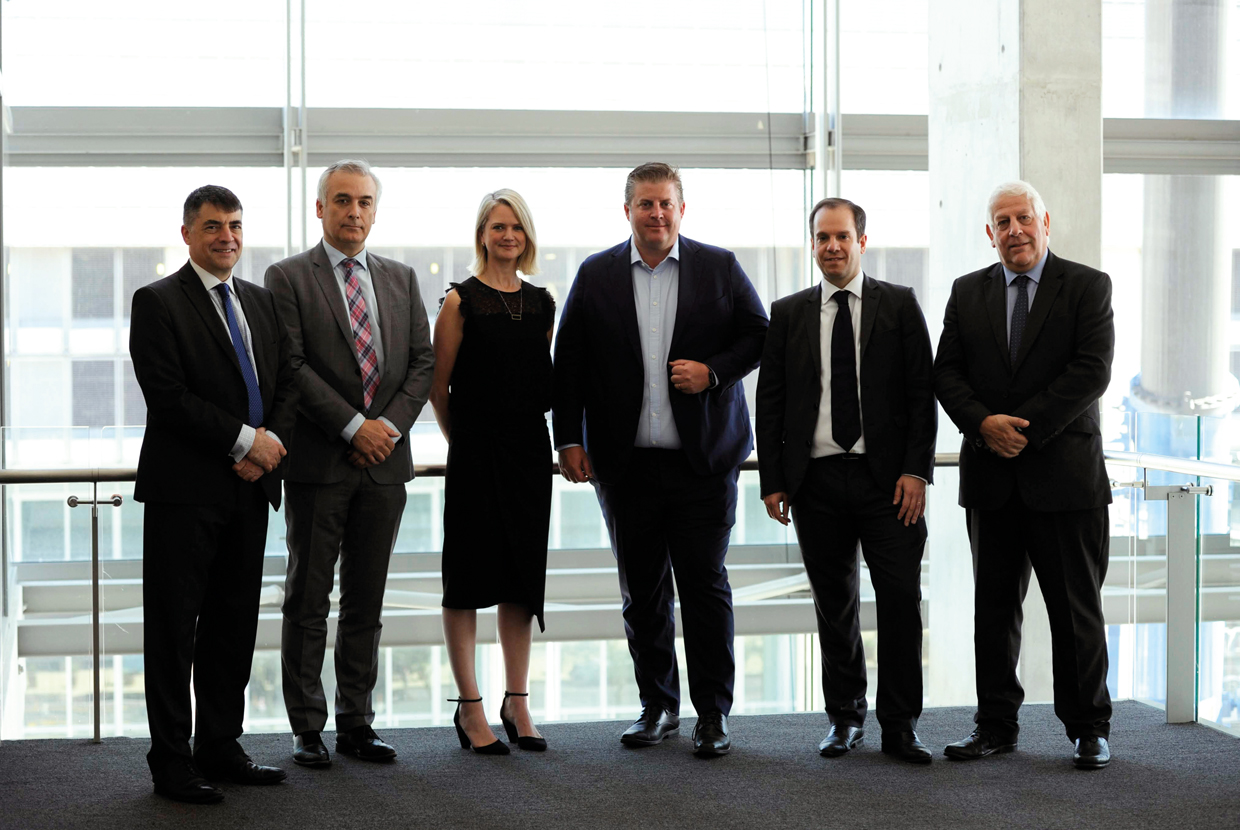The GTR Africa 2019 conference showcased some of the interesting and innovative technology companies working in Sub-Saharan African trade. Representatives from five companies delivered presentations on their trade-enabling solutions and products, and were then quizzed by a panel of industry experts. Shannon Manders reports.
1) Tawanda Mudimbu, director of business development, Asoko Insight
“We are a privately-held Sub-Saharan Africa company data and research firm with a specific focus on what we and our clients term as growth markets across the African continent. We have been around for about six years, headquartered out of London, but our major offices are on the African continent.
The reason we exist is to close the information gap where private companies are concerned on the African continent. We have done some research and 86% of the companies that populate different value chains on this continent are privately held. From a financier’s perspective, the large conspicuous firms are well known and very well banked. But the opportunity lies in the family-owned businesses that populate these value chains.
We provide a standardised database which now has north of 50,000 privately-held companies, and provides what is essentially pre-due diligence information on these companies.
We have a three-pillared approach to go about collecting this data. Firstly, we have our own people on the ground. Growth on this continent comes at a very local level. You cannot parachute in models from outside of the country that you are looking to cover. So, in the countries that we have coverage for, we have local analysts on the front line, building relationships with these companies, and, as a result, we are able to get hold of the information that we need from them.
The second pillar is technology. When it comes to the private company space, it is unstructured data sets that are scattered all over the place. So what we have done is build a technology platform that allows us to ingest all of this unstructured data. Now, this can be open source data or very deliberate partnerships that we enter into in these economies, and that is the third pillar that we work with.
We have spent the last three years zigzagging across the continent and building strategic relationships with corporate registries, industry associations and tax authorities, all of whom are sitting on very good pools of data which, for one reason or another, they don’t commercialise and haven’t organised or digitised. We have tapped into those existing pools of data and have got the infrastructure to be able to make that data accessible to our clients in a manner that is digestible for them.
In this sense we are purely an information utility. But we can also map out particular supply chains opportunity sets. And then we get into the wider world of know your customer (KYC) and document collection in that KYC space.”
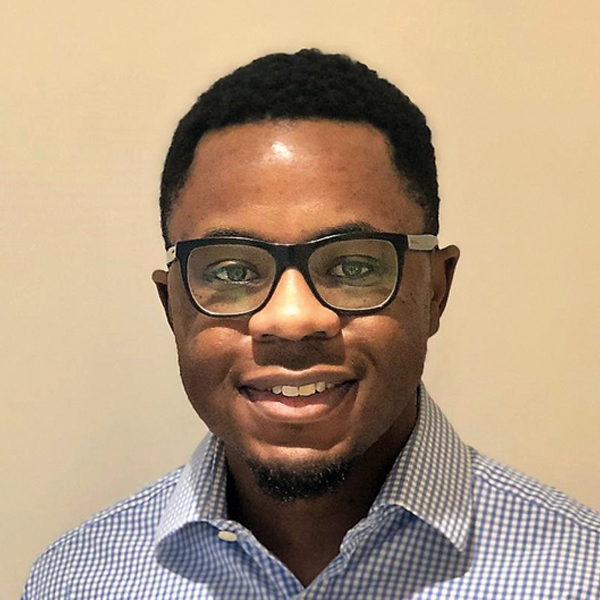
Panel Q&A
Duarte Pedreira, Crown Agents Bank: This strikes at the heart of the African trade finance gap. If we don’t reach the core of the problem, which is availability of information, and using that information in a proper way, particularly around due diligence, then we are just missing the point.
André Casterman, INTIX: Do you provide API-based capabilities to other fintechs to integrate your data?
Mudimbu: Our traditional client base has been private equity and so there has not been a need for that.
As we have started working more with banks, the banks’ problem has not necessarily been access to data, but rather managing, aggregating and co-mingling the data with the datasets that they already have. The short answer to your question is that we can build APIs to pump directly into an existing infrastructure of the bank and allow them to make use of that data in the way that they need to.
2) Fungai Nyamahowa, manager, financial crime compliance, Afreximbank
“Afreximbank’s Mansa repository platform is an initiative which brings all the African counterparts together: traders, buyers, sellers and investors, and connects them with global partners. Mansa is a digital platform which provides a single source of primary data required for performing customer due diligence checks on counterparties in Africa. African corporates and financial institutions contribute information on a voluntary basis, and the information is verified independently before it is published and accessed by subscribers.
Afreximbank is partnering with regulators in various African countries, including the central banks in Egypt, Zimbabwe, Nigeria and Eswatini, to mention just a few, as well as renowned regulatory agencies, law firms and accounting entities, who will help the bank to validate the information that is being contributed by the various financial institutions and corporates.
It is a unique Africa-focused platform with the primary purpose of capturing know your customer information on entities, including their constitutional establishment, shareholding, financials and governance – board and management. It will also house information about investing in Africa: all member countries of Afreximbank have their investment information on the portal. The platform also captures events and activities, but is primarily focussed on the compliance space.
Mansa was launched during the Afreximbank annual meetings in July 2018.
There are a lot of businesses that have potential in Africa, but the challenge is that the information about them is not easily available. Most of the investors who shy away from the region do so because they allege they do not have enough information on African entities. The Mansa repository platform is the answer to that. Whilst large corporates contribute their information, Afreximbank is also targeting SMEs, including those family-run businesses which do not have formal corporate structures. For them to contribute their information on Mansa they are compelled to corporatise their businesses, namely register their businesses and have standard financial information, boards and management structures. The information captured on the platform is based on international best practice.”
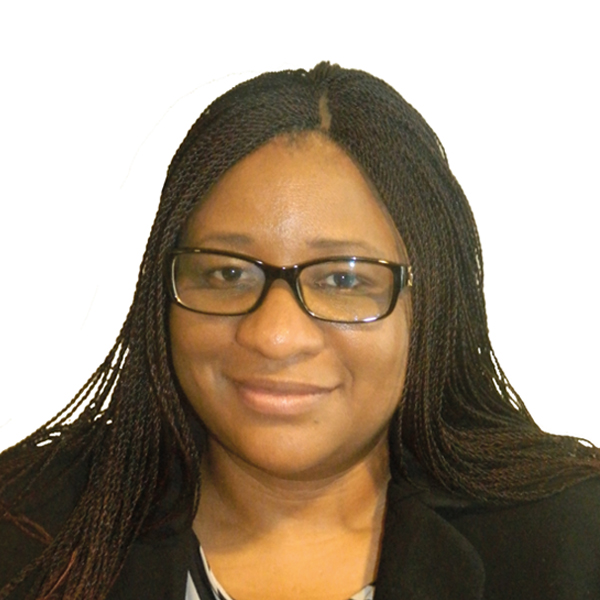
Panel Q&A
Minos Gerakaris, RMB: Having a utility like this which acts as a central repository is very valuable for the industry and for individual banks. Where we have seen commercial entities trying this in the past and encountering some difficulty is around where liability starts and ends. You mentioned partnerships with various central banks. Have any of them agreed that the Mansa repository would be the ‘gold standard’ and would be accepted by them?
Nyamahowa: Yes. There is ongoing engagement with the financial services regulators in Africa. I can confirm that we have signed agreements with central banks in Africa, for example in Egypt and Zimbabwe to mention a few, who have agreed to partner with Afreximbank and support the initiative by independently validating information contributed by their regulated entities. In September 2018, Afreximbank held a workshop for central banks, which was attended by representatives from more than 15 central banks in Africa. It also sanctioned a communique at the end of the event for Afreximbank, endorsing adoption of a verifier charter that will bind Afreximbank and the relevant central banks, specifying the relevant roles, responsibilities and terms and conditions of operating the platform.
André Casterman, INTIX: Is there any way to enforce the use of such a tool within the community, or do you have any incentive for corporates and the SMEs that you’re trying to help to feed your repository with their information? That is usually the key challenge.
Nyamahowa: The contribution of information is voluntary. However, in line with the Afreximbank vision to be ‘the trade finance bank for Africa’, the main incentive is that the platform will interlink traders in Africa with the rest of the world through the digital interface, hence improve business and visibility, particularly for the SMEs. With Afreximbank’s preferred creditor status, contributing information on Mansa, particularly financial institutions, will likely reduce the perceived effects of de-risking by global institutions.
3) Stuart Reid, head of data science, Aerobotics
“Aerobotics is a drone and agriculture technology company, based in Cape Town. We use drone imagery to help farmers do precision farming. At the moment we are focused on tree crops: one of the main reasons for this is that fruit farmers experience losses of up to 15% of their yield due to pests, diseases and issues in their farms that can be identified through drone technologies. This accounts for US$300mn-worth of losses in South Africa alone. Globally, this is many, many billions of dollars of losses that occur, and we believe that we can help farmers avoid some of those.
The traditional approach to identifying these issues in the farming process is to send a scout – a human – into the field to look at a sample of trees and identify any issues. But when you have farms that cover thousands of hectares, with many, many thousands of trees, you don’t get enough coverage to draw any statistically significant inferences.
Our approach is to model every single individual tree in the orchard. We fly a drone over the fields, and we build 3D models of each individual tree and look at it across the visual and non-visual spectrum to identify what the health of that tree is and how that relates to the yield and, at the end of the day, profits.
We identify specific trees that are showing signs of specific pests and diseases, and which need to be scouted. We then generate a route that the farmer should take through their orchard to visit each of those trees and assess the risks. We give them the exact GPS coordinates of every tree that we think poses threats, and they feed that information back to us. The system is continuously learning from the feedback that our users give us, which makes it more accurate for other farmers.
Everything is aggregated into user-friendly reporting dashboards, so that farmers have access to all the data relating to their farm at any time and throughout each one of the flights that we have done in the season. We can aggregate those statistics over time.
So, what is next for us? As we get more data, higher resolution cameras on drones and access to more metrics like lidar and depth, we can go further in our analysis and fly lower and closer to the trees. We can also count the number of flowers which turn into fruit on individual trees and hopefully tell farmers with a high degree of confidence how much fruit is in their orchard and what their yields are going to be, which ultimately is what the farmer really cares about. Through that process we can also help them manage the interventions that they take, including spraying the orchards, irrigation and fertilisation.
In the last four and a half years that the company has been operating, we have processed about 20 million trees. We currently operate in 15 countries globally. We have 40% of the South African macadamia farms under management, and are processing more than 30% of the country’s citrus farms. We are doing a lot of business in the US. To date we have raised almost US$5mn for the business.”

Panel Q&A
Duarte Pedreira, Crown Agents Bank: Can you elaborate on the value add of your product for someone financing or insuring a farmer?
Reid: We have access to far more granular data at a farm and per-tree basis for many, many thousands of farmers, which means that we can tell them very precisely and throughout the season what the risk is of any particular farm suffering significant losses in terms of yield or actually generating a claim on the insurance side, or what the probability is of a particular farm paying back the certain amount of loan if we are talking about the banking side.
We are saying that we’re going to have more of that data at much more granular levels, and we can actually do customised pricing down to individual orchards which would then allow you to undercut your competitors in terms of the fees.
Pedreira: Will you be expanding into other types of crops?
Reid: We are definitely looking at other types of crops. We are currently flying vines, so we are looking at the wine industry at the moment. We are also looking at ground crops as well, so the staple foods of wheat, maize, corn and sugar.
We just happened to have a very competitive product in the tree crop space right now, and we are getting a lot of traction there, but we are continuously doing research and development across different types of crops.
4) Aba Schubert, co-founder, Dorae
“Dorae is a blockchain-enabled physical commodities cloud. With a global team and application across all materials and geographies, Dorae is privately funded and growing rapidly.
Dorae is about automation, accountability and ultimately acceleration. It is what we like to call the physical commodities cloud. We help our clients move from very manual processes, sometimes paper-based or isolated electronic systems, into a highly sophisticated global cloud. It is a tech business and we are looking at bringing the latest tech to the raw materials sector.
For Dorae, automation is about digitisation, interoperability and transaction execution. Dorae digitises trade documents and information. This gives us better document management. It gives us things like automatic document generation, one-click invoice generation. And it gives us digital document exchange. All of this comes together to reduce processing time and minimise mistakes. Those costly and time-consuming mistakes are ones which we all make from time to time. It is one of our goals to bring those to a minimum.
Interoperability means working well with other systems – it is a huge thing for us. It allows us to provide information directly to important bodies like customs agencies and other stakeholders. It allows us also to integrate Dorae with pre-existing systems for larger, more sophisticated clients, and newly emerging systems. Making sure that Dorae interacts smoothly with other systems is a big priority and it is one that is always in the front of our minds.
At Dorae, we see the raw materials space as vast and complex, with a lot of players. Everything from farmers to miners, transport providers, warehouse companies, insurers, finance providers, customs brokers and regulators. It’s a vast football team with a lot of players and they are all handling the ball. Each one of them needs to be there. Now, everyone wants to run faster and handle the ball better. That is where Dorae comes in. We do not look to change the nature of the game. What we want is to make our players better.
Accountability is a huge area for a lot of people these days and an aspect of our system is the preservation of data integrity. We use the IBM Hyperledger blockchain architecture as the basis of our database system. This means that we have tamper-evident secure storage that gives an additional robustness to compliance and audit processes. This is very important for banks and regulated institutions. And this is a powerful tool for getting global dividends from local efforts. Accountability is not just about the outside world, it is also about what goes on inside businesses. It is about managers understanding their businesses and improving their operations based on meaningful data.
Again, it’s all about the data: Dorae captures this and helps businesses understand things like operations monitoring, managing counterparties, generating information needed by lenders. And all of these provide actionable insights to business.
That moves us to the acceleration, which is of course the nicest bit. What we do at Dorae enhances our users’ operations. It brings growth-oriented automation as well as intrinsic and extrinsic accountability functions. For users, we lower working capital and we increase access to financing and new commercial counterparties. We want our clients to thrive around the world.”
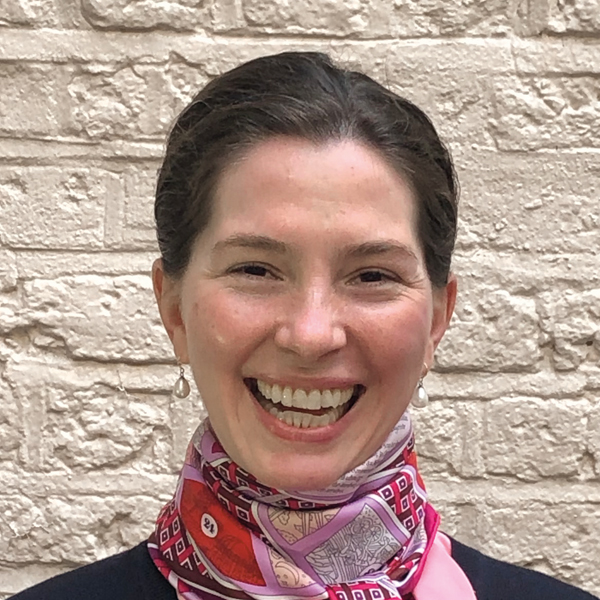
Panel Q&A
Joshua Cohen, Mitigram: Do you come unstuck in certain jurisdictions where digitised documentation is not acceptable?
Schubert: Every product and every market that a product moves through is different.
For instance, some regulatory agencies, particularly the customs regulator in the US, are highly focused on systems like ours and we are working with them on interoperability. They are very happy with digitised data as long as they see robustness around the quality and the data integrity of the system that that is coming from. In more basic markets, people still like pieces of paper. So in those markets where you still ultimately need a piece of paper, we can make sure that that piece of paper gets generated efficiently and correctly from a user’s system. And it is a work in progress.
5) Lanre Oloniniyi, co-founder, Orbitt
“Orbitt is a digital deal origination platform focused on Africa. The very simple concept is helping businesses on the continent in need of capital to get matched to potential investors. This cuts across the trade finance sector and other asset classes in terms of private equity.
Macro picture, there is always an abundance of capital and foreign direct investment trying to get into Africa. We often hear banks saying that they can’t find investable opportunities. In turn, companies say that they are struggling to raise capital. There is still the information asymmetry in terms of how do you as an investor sitting in Johannesburg find an investable opportunity in, say, Nigeria. So, yes, with Asoko you may now have the data, but does the data tell you that a company is looking for an investment opportunity? Not necessarily. That’s what our platform helps to identify.
Think about all of the networking that takes place at all the many conferences that happen across the continent. Hopefully out of a hundred business cards you pick up, two convert into business. That is what we are trying to address: how do we take the whole idea of networking, and make it digital? Through our platform, you can set up your profile, create your investment objective as an investor or your capital raise requirement as a company and essentially cut out the fat in the whole process of origination.
Our vision here is that ecosystem. We are agnostic in terms of asset class, geography, sectors and region.
As a deal origination platform, Orbitt helps companies reduce the friction points around raising capital and also helps investors find the right investable opportunities. We also cater for service providers, the lawyers, accountants and corporate service firms. When you look at the whole transaction process from investor to companies, there is a suite of services that needs to be sold into a transaction to get it to financial close.
How this works is not rocket science: we have tried to make this as simple as possible to make it efficient for all users across the continent. The simple idea is that as an investor, for example, you go on the platform, you create your profile, specify your investment mandates, what countries you want to invest in, what ticket sizes, asset class and sectors you are interested in. If there are transactions which match your investment criteria, you can then access them and send a notification to the company. The company can then choose whether or not to accept the notification, and the document exchange and all of the interactions go up onto the platform. Right now we have close to US$1bn of transactions active on the platform.
People have been able to secure term sheets through the platform, get the transactions to various stages of financial close and this proves that there is pent-up demand for a solution that basically networks the continent together to remove the friction points in transactions.”
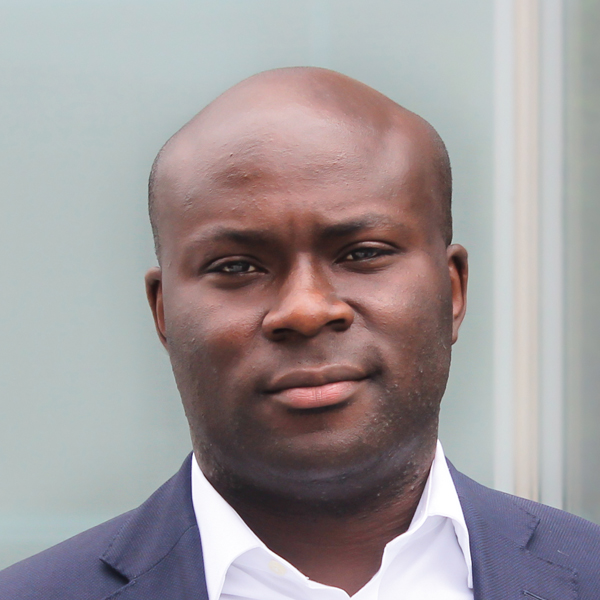
Panel Q&A
Minos Gerakaris, RMB: How do you quality assess deals coming onto the platform?
Oloniniyi: We have a team in Mauritius where our screening gets done.
Every deal that comes to the platform before it goes live is taken through a high level of quality assurance and quality control: we speak to everyone that brings a deal to the platform, and go through the documentation. Once this process is completed, and if it is a fit, then the deal goes live. If it is not a fit, but it is decent business, we refer this to investment advisors who can whip it into shape, make it investor ready, bring it back to the platform and then match it.
Duarte Pedreira, Crown Agents Bank: Is there a way you can create scalability by including SMEs so as to open new market potential?
Oloniniyi: We focus on a US$3mn minimum ticket size, which for an African company is a decent size. We have stayed away from the SME space because the set of resources required to tackle that is a different animal altogether. It is not to say it is not something we would come back to.
There is an opportunity right there, but for us we need to embed our product into the ecosystem. As a startup, you have to go through these proof points and then come back and tackle the bigger part.
Africa’s digitisation conversation
The second part of the technology session at GTR Africa 2019 saw industry experts consider some of the wider issues surrounding fintech and digitisation, including what more needs to be done to maximise potential.
Participants
- Joshua Cohen, managing director, financial institutions, Mitigram
- André Casterman, CMO, INTIX; chair, fintech committee, International Trade and Forfaiting Association (ITFA)
- Shannon Manders, Editorial Director, Global Trade Review (GTR)
- Minos Gerakaris, head of trade finance, Rand Merchant Bank
- Duarte Pedreira, head of trade finance, Crown Agents Bank; chair, African regional committee, ITFA
- Graham Bright, head of compliance and operations, Euro Exim
GTR: What needs to happen to maximise the potential of the fintechs that we have seen here today?
Bright: If you are building a system, ensure that system can be made interoperable with others. When it comes to the data source, structure and content, a standard approach is key. When conducting compliance checks, we rely on a number of sources to provide us with exactly the same information, to re-verify and eliminate false positives. That is why it is so important that we are given the right view, that we can still make the decision ourselves on whether a company is viable to work with, and if they have both ability and intent to pay.
Cohen: Interoperability is important. We have a proliferation of platforms which go about doing their own work, not thinking about whether their platform will work with somebody else’s. This is going to come up as a big obstacle three to five years down the road.
Gerakaris: There is only so much bandwidth that banks, their technology teams and their spend have to accommodate all of this, and it almost feels that it’s easier to sit on the sidelines and wait for the dust to settle and for those multiple providers to become one or two and then backing your horse, rather than going up front.
GTR: We have been talking about tech in trade in Africa for some time now, but are any of you seeing any tangible benefits of this in terms of greater access to trade finance?
Pedreira: Has anyone been discussing recently how the trade finance gap is narrowing? I don’t think so. Is fintech being used to effectively drive more financing into the SMEs? No. As far as I see it, fintech is being used as a channel, essentially, to streamline the existing communication between lenders and their usual clients. If we don’t tackle the fundamentals, things such as the underlying KYC or creditworthiness issues, using a ‘better’ channel will leave us all in the same position.
Casterman: If we look at the major innovations that we have seen over the past 10 to 20 years, such as the internet, it took two decades before it was recognised as relevant and maybe three decades to see big tech emerging. The fintechs that were created over the last three or five years certainly have not had an impact on the trade finance gap. But I see how the ecosystem is becoming enriched with origination-focused fintechs; with those focusing on the data; with multilaterals such as Afreximbank pushing the agenda with KYC registries; with commercial banks becoming more engaged in tech developments to accelerate origination; with platforms focusing on non-bank investors to bring more liquidity; and all the machine learning capabilities and credit analytics. It is all about bringing more financing to the end customer through the incumbent institutions.
The main action is in the hands of the large banks because they will remain the main channel to those corporates. Adoption of these fintech solutions by incumbent institutions is key. Long-term, not in the next 12 months, but in three to five years, we should see an impact in terms of more adoption of those fintech solutions in partnership with banks.
Cohen: If we can increase transparency, whether it is who needs to borrow or who is willing to lend, then transactions are more likely to get done. That is something that the fintech community can certainly play a big part in as we go into the future.
